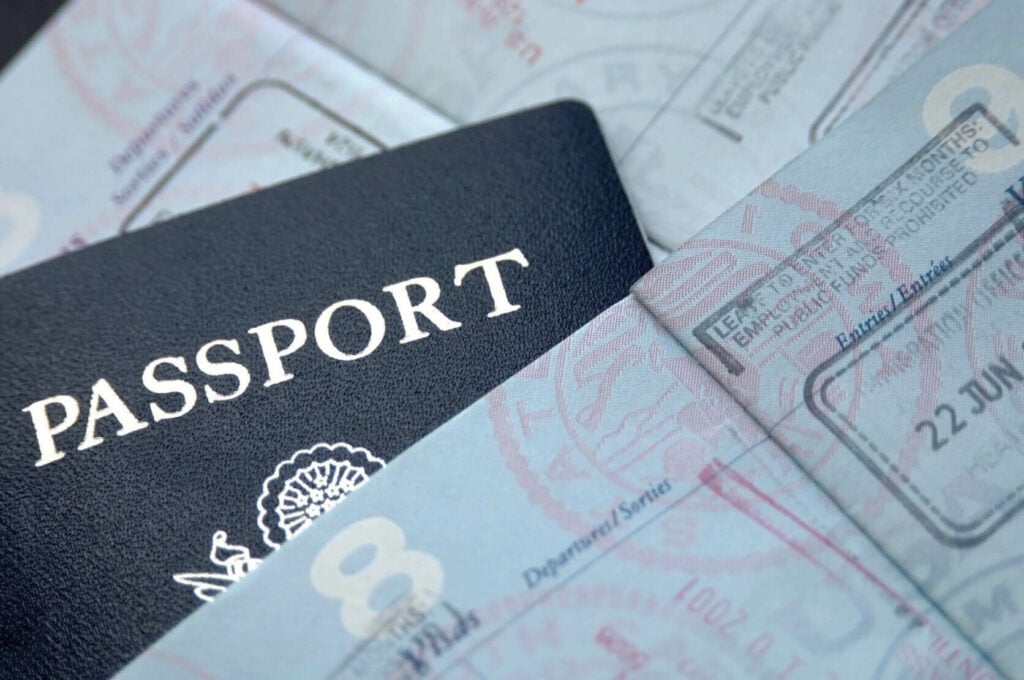Getting an investor visa in Costa Rica will allow you to live and work in the Central American nation permanently, and is a popular choice among foreigners keen to take advantage of the country’s developed economy.
If you are looking at starting a business in Costa Rica or investing in the country’s import/export or real estate sectors, getting an investor visa is something you will need to consider.
Learn how your investment in Costa Rica can provide you with the opportunity to gain residency in one of the most attractive destinations in Latin America for foreign investment.
Table of Contents
An investor visa in Costa Rica: why invest?

Costa Rica has a strategic geographic location, with ease of access to markets in North and South America.
It is also a safe country, with some of the lowest crime and violence statistics in Latin America and the Caribbean.
Moreover, the country has a booming tourism sector which accounts for nearly 6 percent of the country’s total Gross Domestic Product (GDP), meaning it is set up to cater to foreigners and has one of the highest levels of English proficiency in the region. Other major sectors of the economy include medical supply, agriculture, and IT services.
Costa Rica’s economy has shown consistent growth over recent years, with GDP increasing by close to 3 percent annually during the past decade, prior to the COVID-19 pandemic. The country also maintains a favorable tax regime for foreigners, based on the principle of territoriality, meaning you will not be taxed on earnings generated outside Costa Rica.
The country maintains strong trading links with the United States and is also part of the Dominican Republic-Central America Free Trade Agreement (CAFTA-DR) along with the United States, El Salvador, Guatemala, Honduras, and Nicaragua.
Requirements for an investor visa in Costa Rica
Anyone interested in getting an investor visa for Costa Rica must meet the following requirements:
- Make a minimum investment of $150,000 (USD), after the Costa Rican government slashed the minimum investment needed in August 2021.
Typical paperwork and documentation required for obtaining an investor visa include:
- A 2×2 inch headshot of yourself
- The receipt of payment of applicable fees
- Your passport
- A record of your fingerprints
- A copy of your birth certificate
- A marriage certificate if applicable
After obtaining your visa

Before getting an investor visa for Costa Rica, your investment must be approved by the Costa Rican government and your request can take up to two months to process. The visa will be filed as a temporary residence permit. If you are approved for an investor visa and live in Costa Rica, after three years you will be eligible to apply for permanent residency.
To maintain your status, you must be present in the country for a minimum of 72 hours every year. Dual citizenship is permitted for citizens from certain countries, including the United States and Canada, making an investors’ visa a popular option for individuals from these countries.
Frequently asked questions when applying for a visa in Costa Rica
Based on our experience these are the common questions and doubts of our clients.
The types of visas in Costa Rica are Humanitarian or Emergency visas, or Tourist and Business visas.
The Investor Visa in Costa Rica is called the Investor Residency.
A completed written application.
1 x passport size picture.
Valid passport for at least 3 months.
Copy of the passport photo page.
Evidence showing no criminal history.
An outbound flight reservation or ticket.
Proof of a prior connection to Costa Rica
Bank account statement demonstrating sufficient funds to support the candidate.
Copy of the applicant’s birth certificate.
Please be aware that all documents coming from a foreign country must be apostilled, and any documents written in a language different to Spanish must also be translated by an official translator.
Business visas in Costa Rica are called Business and Tourism visas.
A written request directed to the Immigration office.
One recent passport sized picture.
The applicant must have a passport valid for at least 3 months.
A copy of the passport’s main page.
A clean criminal record.
An outbound flight reservation or ticket.
Proof of a prior connection to Costa Rica or a Costa Rican citizen.
Bank account statements that demonstrate sufficient funds to support the applicant in Costa Rica.
A copy of the applicant´s birth certificate.
You may apply for a Working visa if a Costa Rica based company is willing to sponsor you.
Costa Rica based companies can sponsor a Working visa if they meet the requirements established by the Immigration Office.
Foreign investors do not require a visa to buy property in Costa Rica. They can use their own passport as their means of identification.
Two recent passport sized pictures.
Proof of a clean criminal record.
Certified copy of all passport pages.
A one-off payment of a 250 US Dollar government tax.
A written request directed to the Immigration office.
A signed power of attorney.
Proof of a planned investment equal or superior to 150.000. US Dollars.
A fingerprint scan performed by the Costa Rican Ministry of Security.
A copy of the applicant’s birth certificate.
Interested in obtaining your Costa Rican investor visa?
At Biz Latin Hub, we provide a full range of back-office support services to help in your expansion into Costa Rica. As well as visa processing, our multilingual team of legal and accounting specialists can assist you with company incorporation, recruitment, due diligence, and tax advice in Costa Rica.
Contact us for more information about commercial opportunities in Costa Rica.
Learn more about our team and expert authors.

The information provided here within should not be construed as formal guidance or advice. Please consult a professional for your specific situation. Information provided is for informative purposes only and may not capture all pertinent laws, standards, and best practices. The regulatory landscape is continually evolving; information mentioned may be outdated and/or could undergo changes. The interpretations presented are not official. Some sections are based on the interpretations or views of relevant authorities, but we cannot ensure that these perspectives will be supported in all professional settings.